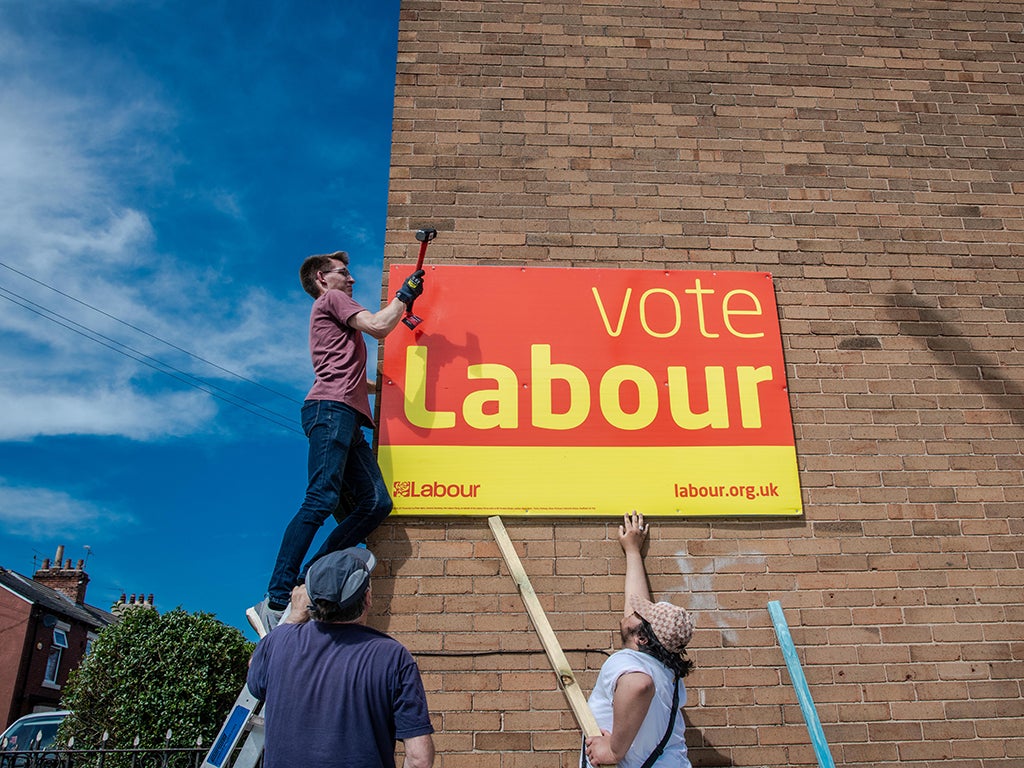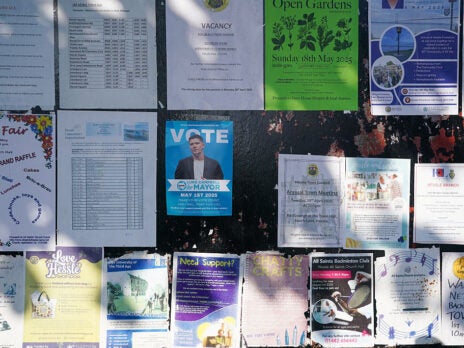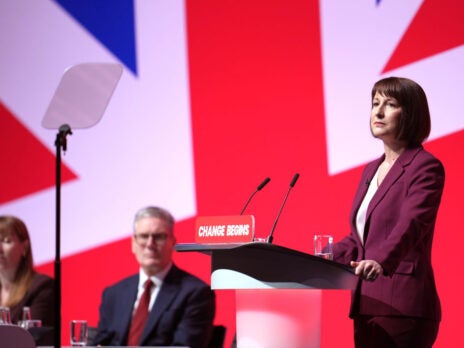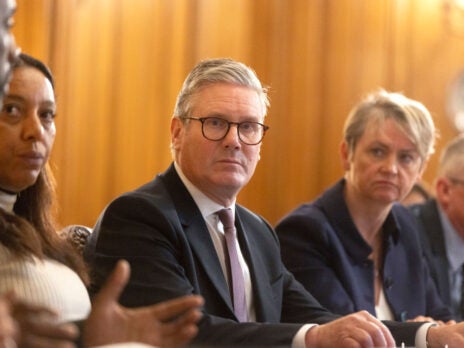
In Britain, we want to be taxed more to pay for public services. We’re generally more aware of inequality, and want higher public spending on the state provision people rely on. So we have been told anyway, in the latest British Social Attitudes survey and by other research.
This runs counter to Liz Truss’s political mission – to cut taxes, and follow up with spending cuts. Nevertheless, the Labour Party says it would stick with a number of this government’s tax cuts, including the reversal of the National Insurance rise and the 1 per cent cut to the basic rate of income tax. Why?
Well, some new polling may give us an insight. Half the people who voted Labour at the 2019 general election say the current level of taxation in the UK is too high, according to exclusive polling for the New Statesman by Redfield & Wilton Strategies*. And no, the other half doesn’t quite say the opposite – 17 per cent say taxes are too low, while 18 per cent say it’s about right. (The rest don’t know.)
Half of 2019 Labour voters also say that the government should lower taxes – with 22 per cent saying the government should raise them, while 19 per cent say it should keep taxes at their current level. This feeds into the perceptions Labour voters have of the two major parties’ tax policies. Most (39 per cent) associate the current Conservative Party with raising taxes, despite its tax-cutting agenda, while 38 per cent associate it with lowering taxes (16 per cent say neither, and 7 per cent don’t know).
A similar 38 per cent, however, associate the current Labour Party with wanting to lower taxes, while just 20 per cent see it as a tax-raising party (33 per cent say neither, and 9 per cent don’t know). A plurality of Labour voters (43 per cent) say the government is spending too much, while a quarter say it’s spending too little (17 per cent say it’s about right, and 15 per cent don’t know), while a huge 72 per cent say it’s not doing enough to reduce spending levels and 70 per cent say the current level of spending is not sustainable.
What’s going on here? It’s not that Labour voters have suddenly signed up to austerity – it’s more likely the “my team” effect pollsters notice: the government is being criticised for borrowing without costing its interventions properly, so borrowing without costing its interventions properly is bad (but not when the Labour Party does it).
Yet this poll does suggest Labour is perhaps finding the right balance of Tory tax cuts to adopt and reject, and its self-styled fiscally prudent image is cutting through to its own voters, at least.
*Polling of 2,500 voters in the UK who voted Labour in 2019, carried out on 28-29 September.
[See also: Who would win if an election was held today?]


